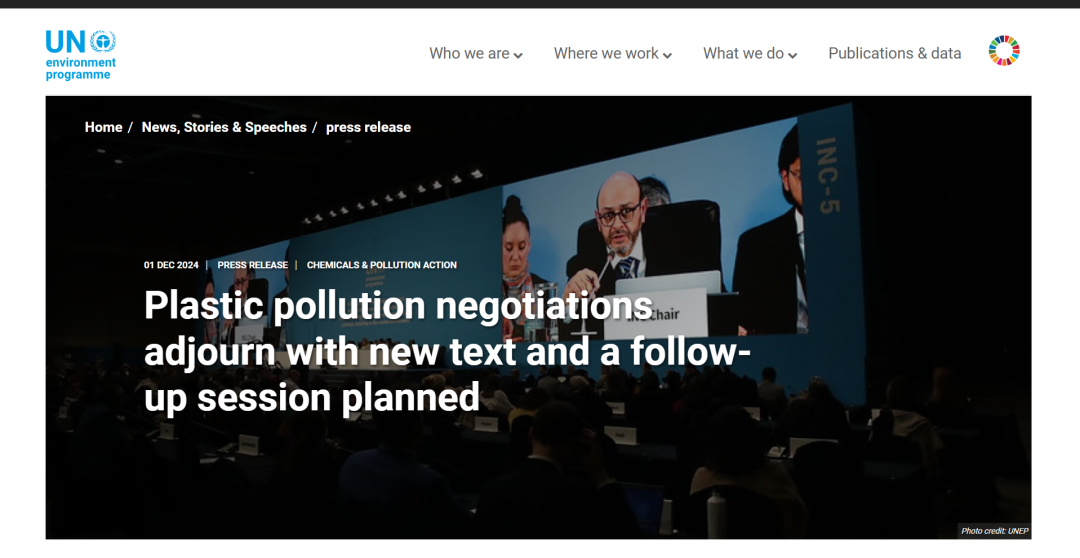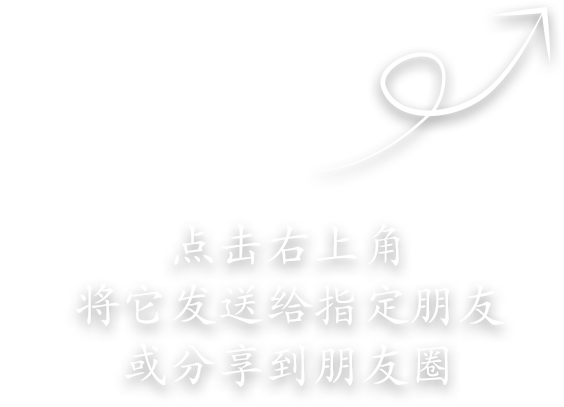 94
94
Countries have failed to agree on a global deal to curb plastic pollution, with more than 100 countries wanting to limit plastic production and a handful of oil-producing countries willing to deal only with plastic waste. The fifth and final meeting of the United Nations Intergovernmental Negotiating Committee (INC-5) in Busan, South Korea, was due to produce a legally binding global agreement, but at the end of the meeting on December 1, countries remained far apart on the basic framework of an agreement, only reaching a consensus to postpone key decisions and continue discussions. The new negotiations will be called INC 5.2. "Clearly, differences remain," said Inger Andersen, executive director of the UN Environment Programme. Among the most contentious issues are whether plastic production should be restricted, how to regulate plastic products and related harmful chemicals, and how to provide financial support for developing countries to implement the agreement. One plan put forward by Panama, backed by more than 100 countries, proposes setting a global plastic production reduction target, while another proposal does not involve production limits. Those differences were evident in a revised document released on Sunday by conference President Luis Vayas Valdivieso, which could form the basis of a treaty, but many options remain on the most sensitive issues. Juliet Kabera, director general of Rwanda's Environmental Management Authority, said: "An agreement that relies solely on voluntary measures is unacceptable. It's time to get serious and negotiate a deal that works, not one that's doomed to fail." A handful of petrochemical producers, such as Saudi Arabia, are adamantly opposed to restrictions on plastic production and have used procedural means to drag out negotiations. Saudi Arabia's representative Abdulrahman Al Gwaiz said: "There was never any consensus. Even though we have always maintained that some provisions were not subject to negotiation, somehow they seem to have been included [in the document]." If these differences are resolved, the agreement will be one of the most meaningful environmental protection agreements since the 2015 Paris agreement. The postponement coincides with the conclusion of the COP29 climate conference in Baku. At the Baku meeting, countries set a new global goal of mobilizing $300 billion a year in climate finance, but this goal is considered by small island states and many developing countries to be far from adequate. Climate talks have also been slowed by a procedural move by Saudi Arabia, which objected to the inclusion of language reaffirming previous commitments to move away from fossil fuels. Some negotiators say a handful of countries have hijacked the process and avoided the compromises needed for a U.N. consensus process. Senegal's national representative Cheikh Ndiaye Sylla said it was a "big mistake" not to hold a vote throughout the negotiations, which were reached at a second round of talks in Paris last year. Chris Jahn, council secretary of the International Council of Chemical Associations (ICCA), which represents plastics manufacturers, said: "This result highlights the complexity of tackling the global plastic pollution problem and shows that further consultations are needed to reach an effective, inclusive and workable agreement." "Where INC-5 failed to succeed, there is little guarantee that the next INC will succeed," said GAIA, an environmental group. Plastic production is set to triple by 2050, with microplastics found in the air, fresh produce and even breast milk. There are more than 3,200 chemicals of concern in plastics, according to a 2023 report by the United Nations Environment Programme, which says women and children are particularly vulnerable to the toxic effects of these chemicals. Despite the delay, some negotiators said they were eager to restart discussions as soon as possible. "Every day of delay is a disservice to humanity. "Postponing negotiations does not postpone the crisis," Juan Carlos Monterrey Gomez, head of the Panamanian delegation, said on Sunday. "When we meet again, the stakes will be higher." . According to data provider Eunomia, China, the United States, India, South Korea and Saudi Arabia are the five major polymer producers in 2023.


